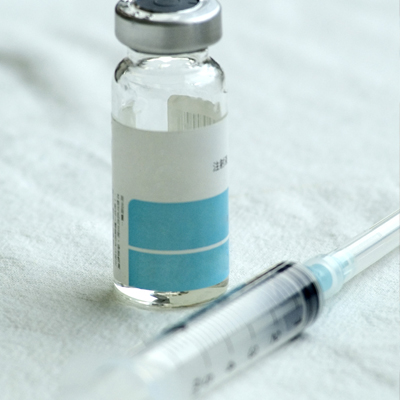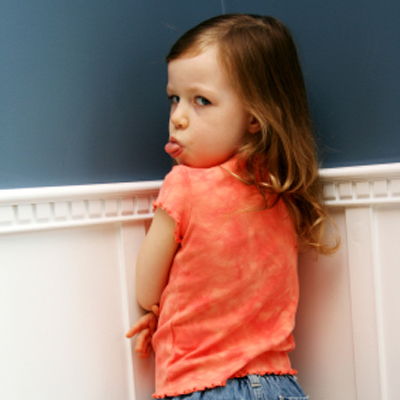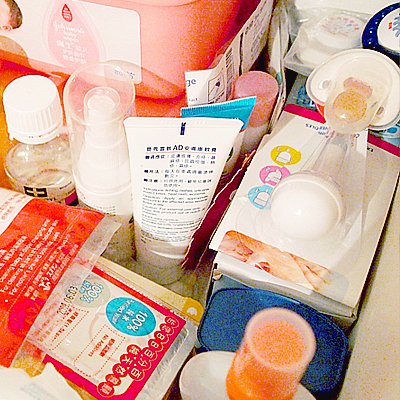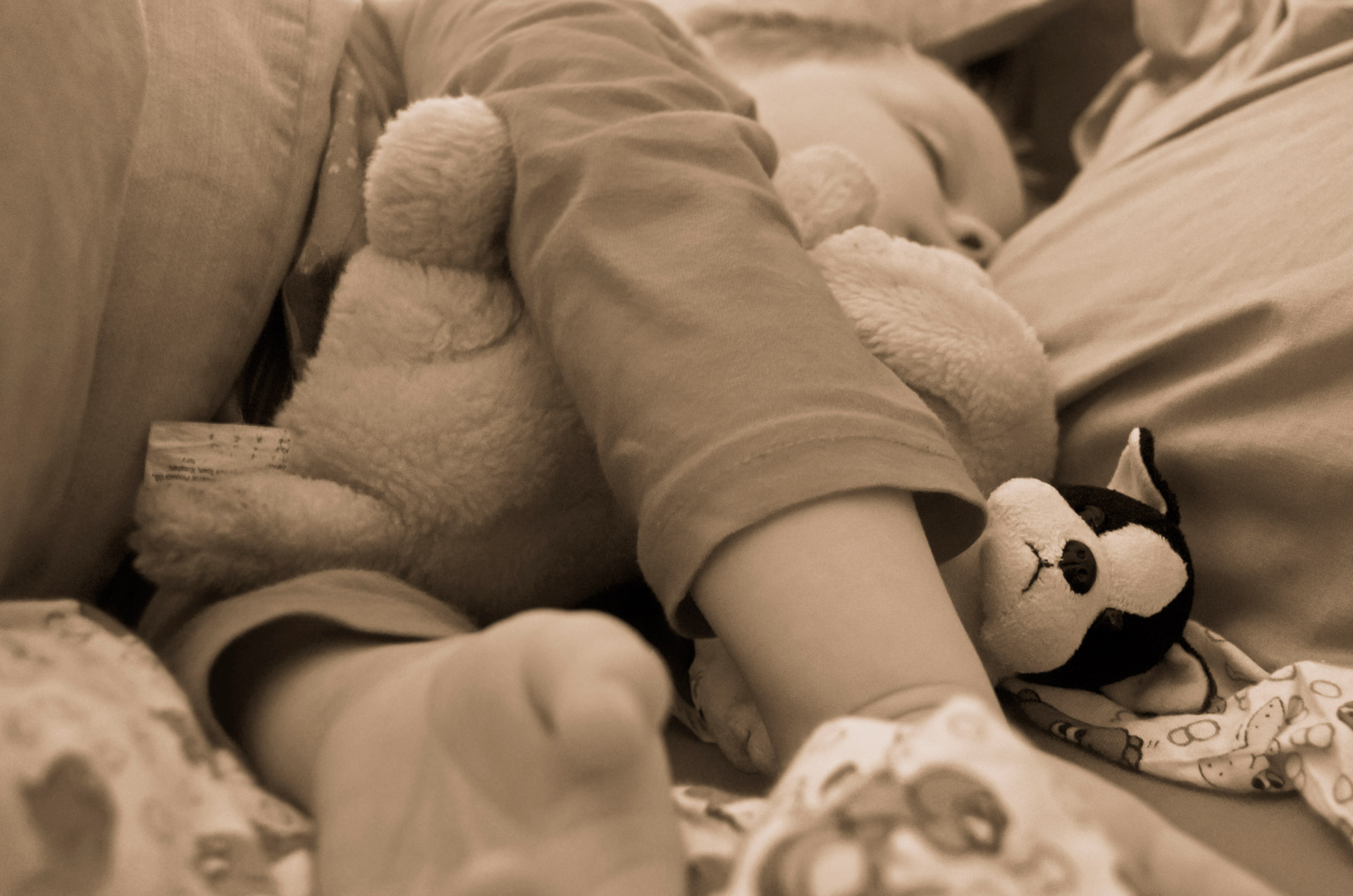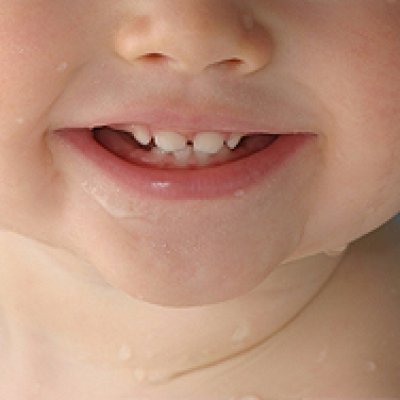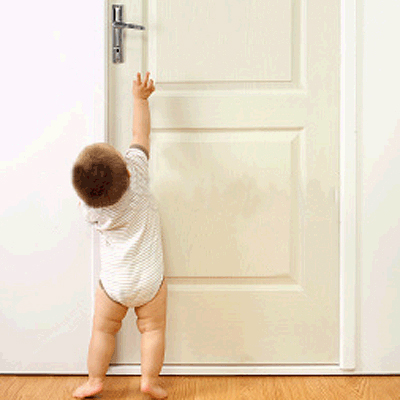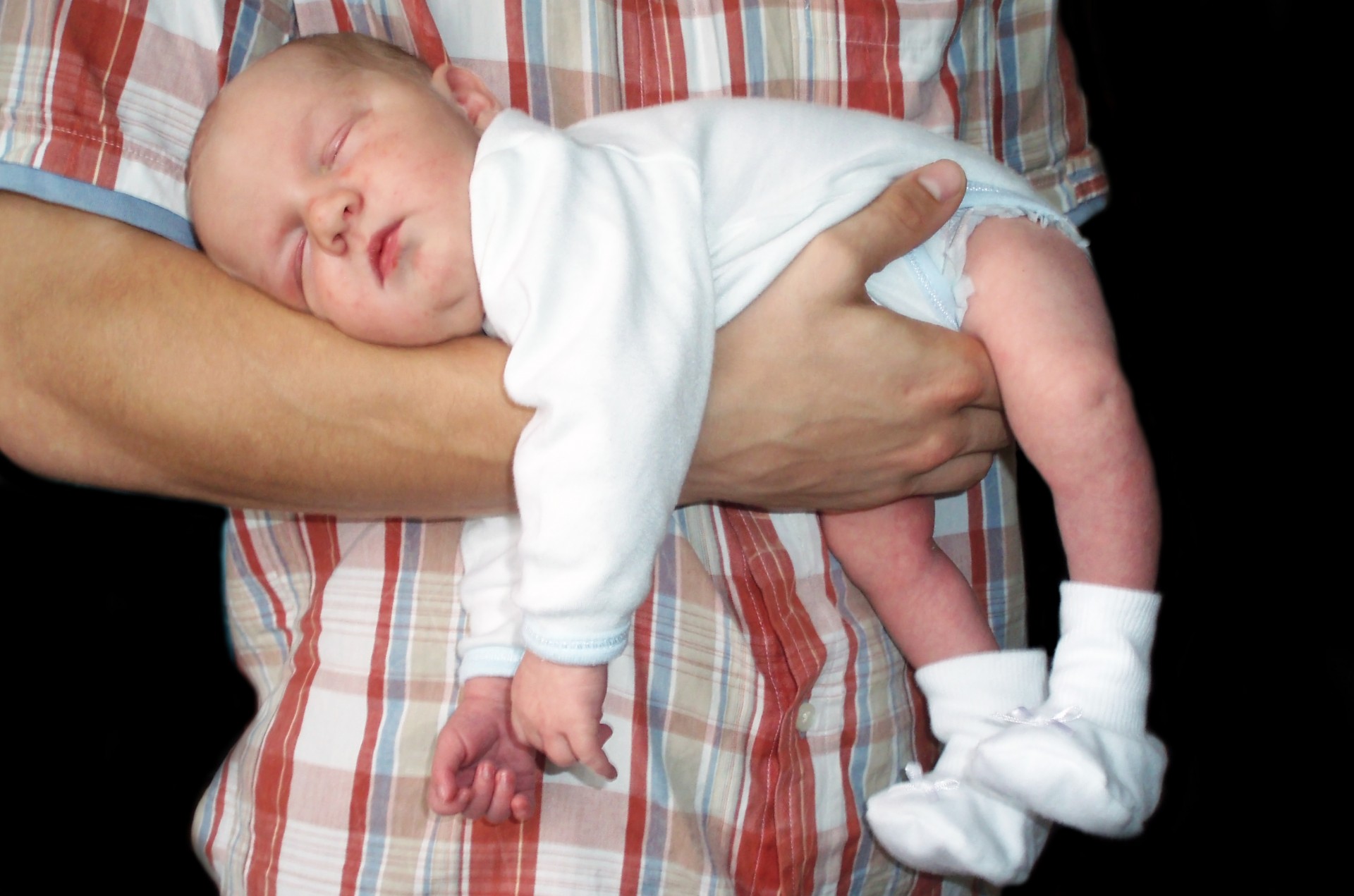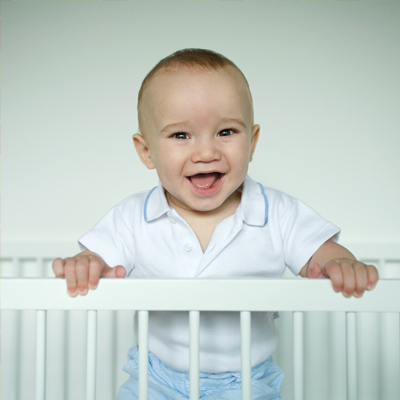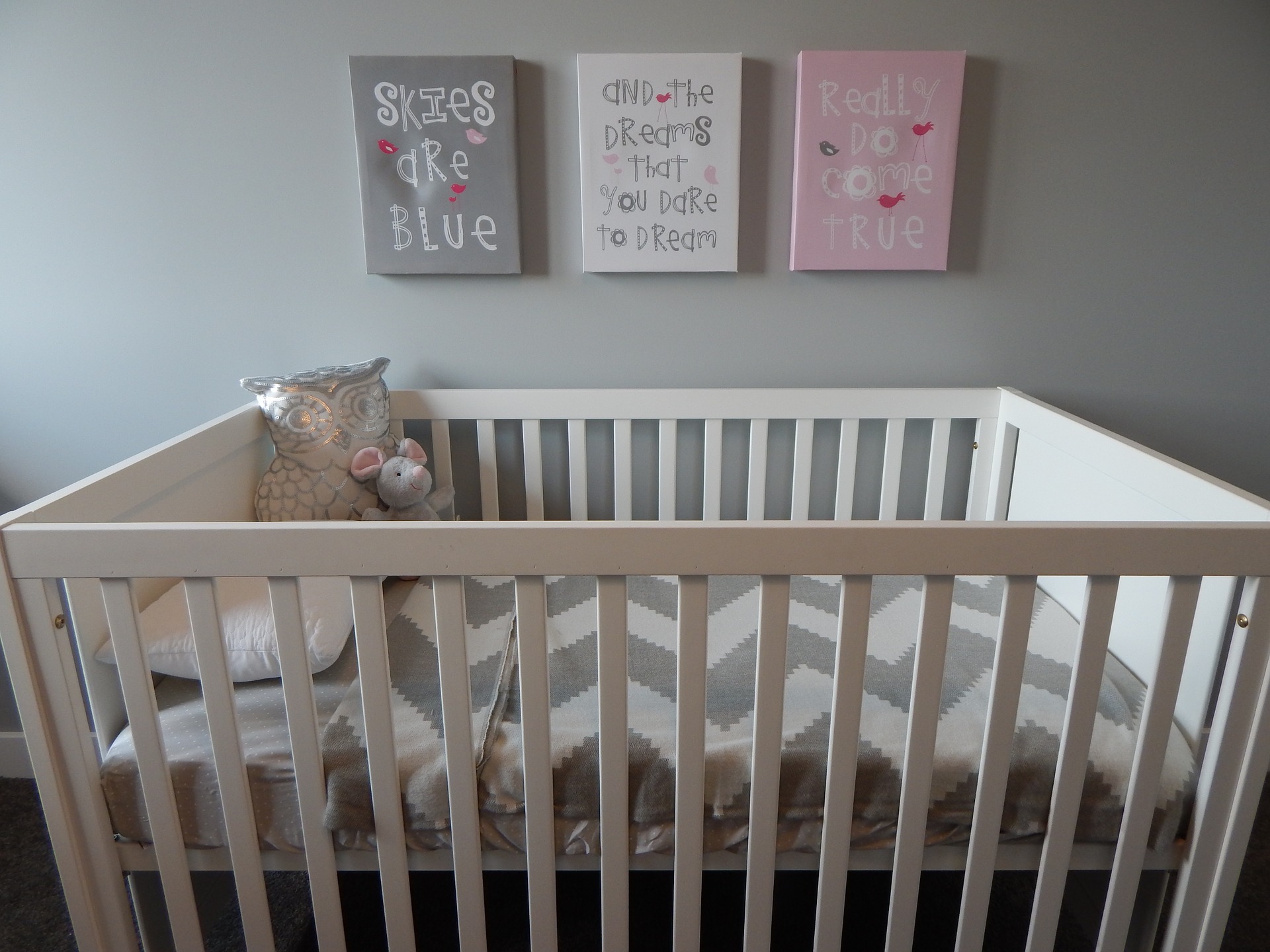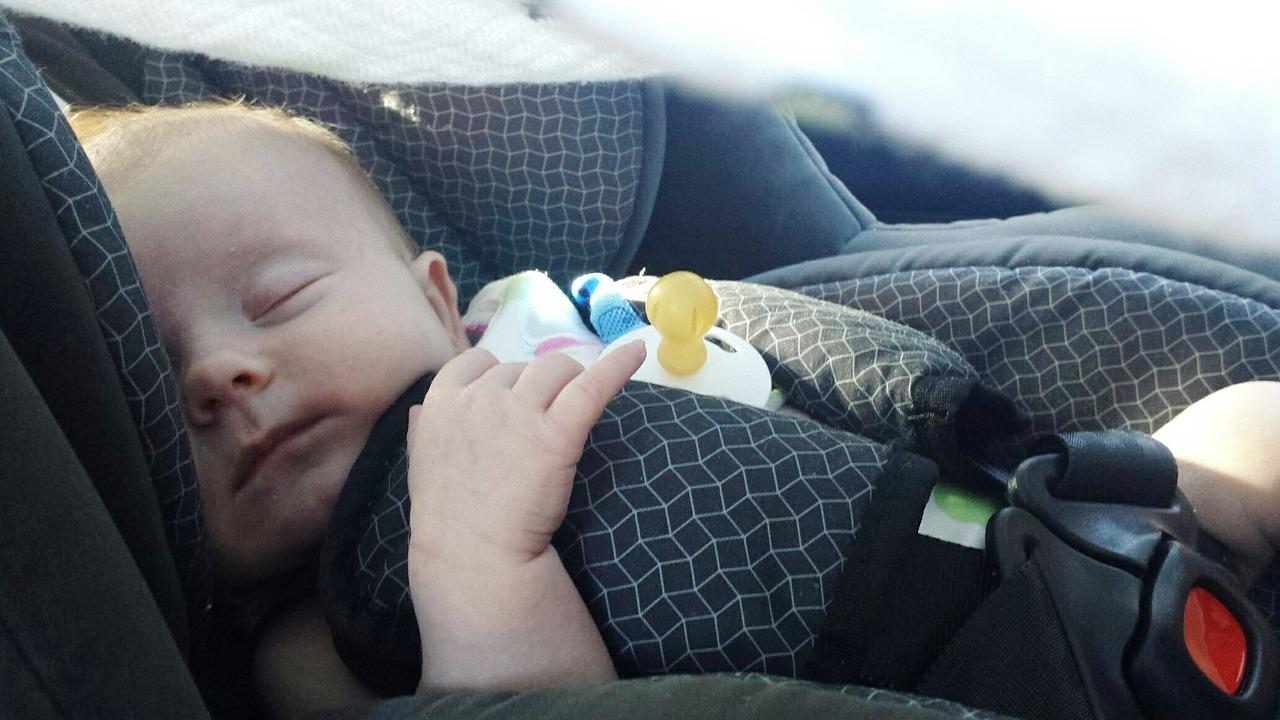Family Care
Reactions in Baby after Vaccinated
Newborn – Infants need to be vaccinated with the BCG and (the 1st dose) hepatitis B vaccine, there should be no discomfort after the injection, this is an active BCG vaccine is used against tuberculosis, with a few weeks after the injection, the needle mouth areas may be showed some white red papules or the occurrence of pus cells, do not panic, because this is a normal signs and will gradually subsided after a few weeks and complete recovery is possible or leave minimal scarring, or even without scars. Note at baby bath, needle mouth areas should be kept clean and dry, when needed use cold water to clean and dry with gauze. Do not apply any medicine cream or put on any bandages, and avoid wearing too tight clothing.
1 M+ – At this stage baby needed to be vaccinated with (the 2nd dose) hepatitis B vaccine injection generally do not have serious side effects, the needle mouth parts have a slight pain, but will subside after a day or two. If the baby feels the pain and have bad mood or crying situation, the mother can use damped towel to apply lightly on the vaccinated areas, which help to relieve pain and discomfort for the baby.
2 – 4 M+ – At this time baby is required to vaccinated with diphtheria, tetanus, acellular pertussis, inactivated combined vaccine in children numbness (the 1st and 2nd doses) and the pneumococcal vaccine (1st and 2nd doses). Nowadays the 3 in 1 vaccine is more advanced and well enhanced which help reduce the adverse reaction and shorten the duration of response after injection, as is the use of purified acellular pertussis vaccine cell is made to do so to maintain the protection of the vaccine, while also reducing the side effects, such as: fever and swelling after injection of the opportunity is also relatively lower, as the same time all side effect is release to the minimal. After vaccination in a few hours later, if the injection area shown redness, it is advice to put on a cold or warm dry towel to help relieve pain and discomfort. In case of fever clinic will include a antipyretics medicine for baby, usually fever will last within 1 day. However, if the baby within minutes to hours after the injection with serious adverse reactions, such as cramps, pale, rapid pulse, difficulty breathing, skin rashes, and even shock and other serious allergic reaction, parents should immediately take him to A & E treatment and the attending doctor fully informed about the date of vaccination and after the symptoms, so doctors can make appropriate treatment.
6 M+ – At this time, the baby will be vaccinated with (the 3rd dose) diphtheria, tetanus, acellular pertussis and inactivated combined vaccine in children numbness, (the 3rd pin) pneumococcal vaccine and (the 3rd dose) hepatitis B vaccine.
1 Year Old – Baby will take vaccine against measles, mumps and rubella vaccine (the 1st dose), some baby 5 to 10 days after injection, may shown sign of fever, but usually this sign with come naturally within 2 to 5 days, and parents can give baby the provided antipyretic medicine. Few babies may shown sign of rash within 1 to 2 weeks after injection, but will disappear after one or two days.
1 & Half Years Old – At this point baby will need to be injected with diphtheria, tetanus, acellular pertussis and inactivated vaccine in children numbness mixed (booster). Usually this do not have serious side effects, few babies will feel vaccinated area with pain, parents can use cold or warm towel to apply to relieve the pain. Please advice not to put any cream on this area.
* Other recommended vaccines; such as acute otitis media combined vaccine, oral rotavirus vaccine, varicella vaccine, influenza vaccine and meningococcal liver streptococcus vaccine, etc., parents can take their baby to a private clinic for these special vaccinations.
|
|





